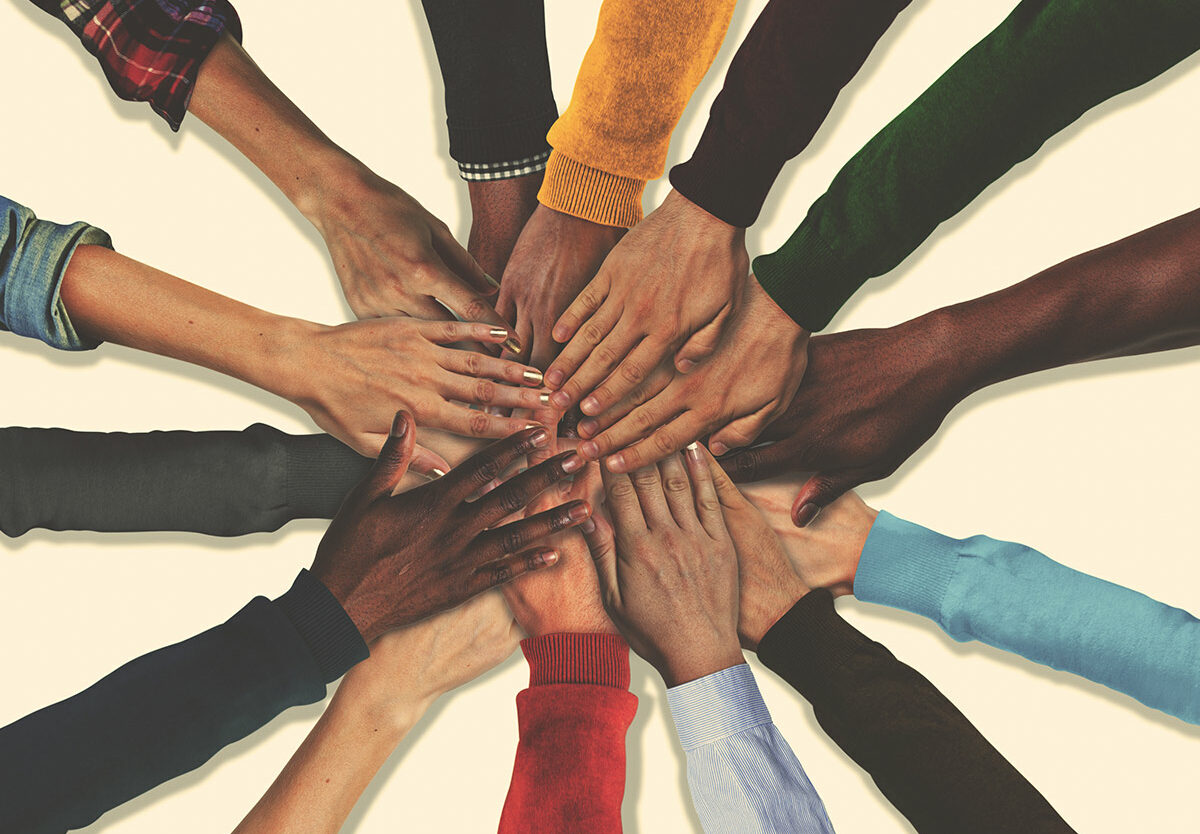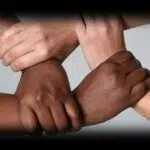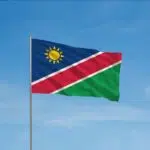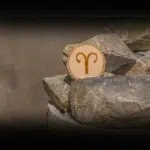Race Relations Day is celebrated every year in New Zealand on March 21. It is a holiday aimed at celebrating and acknowledging the multicultural and racial differences within the country. The day owes its creation to the International Day for the Elimination of Racial Discrimination, which is also celebrated on March 21. The holiday was created in remembrance of the Sharpeville Massacre, which occurred in South Africa in 1960, leading to a death toll of 69.
History of Race Relations Day
Although Race Relations Day is celebrated in New Zealand, it traces its history to 1960 in South Africa when 69 protesters were shot to death by the South African police. For years, the government practiced “apartheid,” a system that essentially granted white people more privileges and liberties, while restricting and segregating the majority non-white population. The government promulgated a series of racist laws which sought to restrict the freedoms of non-whites.
In 1913, 1936, 1954, and 1955, several Land Acts were passed with the effect of designating about 80% of the country’s land to the white minority. The black (Bantu) population was forcibly removed from the tribal homelands, “the Bantustans,” and forced to endure harsh living conditions. They were also stripped of their South African citizenship. In 1950, the Population Registration Act of 1950 was also signed, classifying South Africans into four groups: Bantu (black), Colored, Indian and White. That same year, another law was made to restrict certain areas of the country to only a certain group.
On March 21, 1960, a group of about 7,000 protesters stormed a police station in the township of Sharpeville to protest against laws that required members of the non-white population to obtain passes from the government before they enter certain areas. While the protest was still ongoing, the police opened fire on the crowd. Some were shot in the back as they fled. Unfortunately, 249 casualties were recorded, 29 of which happened to be children. In total, 69 people were killed on that fateful day.
In remembrance of this tragic event, in 1966, the United Nations General Assembly declared March 21 to be the International Day for the Elimination of Racial Discrimination. To create awareness of race relations within its own borders, New Zealand also chose this day to celebrate Race Relations Day.
Race Relations Day timeline
A white supremacist man kills an elderly Chinese man in Wellington, New Zealand.
The Sharpeville Massacre occurs in South Africa.
The United Nations declares March 21 to be the International Day for the Elimination of Racial Discrimination.
New Zealand becomes a party to the Convention for the Elimination of All Forms of Racial Discrimination.
Race Relations Day FAQs
What are the official languages of New Zealand?
New Zealand has three official languages, which are: English, Maori, and New Zealand Sign Language.
What race do New Zealanders belong to?
In New Zealand, Europeans make up 70% of the population, 16.5% are Maori, 15.3% are Asian and 9% are Pacific Islanders.
Who is the president of New Zealand?
New Zealand has a Prime Minister called Jacinda Andern.
How to Observe Race Relations Day
Love regardless of race
The journey towards unity begins in our hearts. Apart from grand protests and demonstrations, we must first begin by making it a point of duty to love and respect one another despite skin color or ethnicity.
Stand against racial discrimination
On this day, commit to standing against all forms of racial discrimination. Whether you choose to spark a social media campaign or speak up when you witness a discriminatory act, let’s all decide to take a stand for a united world.
Use the hashtag
Spark some conversation while creating awareness by using the hashtag #racerelationsday. Attach this to an interesting fact about race relations in New Zealand and encourage positive conversation.
5 Interesting Facts About New Zealand
The first to see the sunrise
Though Kiribati is the first country to enter a new day, Gisborne, a city on the North Island in New Zealand, is the very first place in the world to witness the sunrise every day!
New Zealand conquered Mount Everest
A man from New Zealand, named Sir Edmund Hillary, was the first person to conquer Mount Everest.
New Zealand has two national anthems
New Zealand possesses two national anthems — “God Save the Queen” from colonial times and “God Defend New Zealand,” which was adopted in the 1970s.
New Zealand is a trendsetter
In 1893, New Zealand became the first country to give women the right to vote.
A very long place name
Of every English-speaking nation in the world, New Zealand has the longest name of a place, spelled ‘Taumatawhakatangihangakoauauotamateapokaiwhenuakitanatahu.’
Why Race Relations Day is Important
It promotes healthy conversation
Race Relations Day provides a good opportunity to have healthy discussions about race and ethnic differences. When we discuss our differences in a safe space, we’re better able to understand and sympathize with one another.
It promotes love and unity
Race Relations Day reminds us that on the inside — where it counts — we’re all the same. It reminds us to love one another, regardless of race and culture.
It promotes acceptance and understanding
The major cause of hatred among people with differences is a lack of understanding. When we fully understand and appreciate our uniqueness, the walls of separation can come crashing down.
Race Relations Day dates
| Year | Date | Day |
|---|---|---|
| 2026 | March 21 | Saturday |
| 2027 | March 21 | Sunday |
| 2028 | March 21 | Tuesday |
| 2029 | March 21 | Wednesday |
| 2030 | March 21 | Thursday |




















































